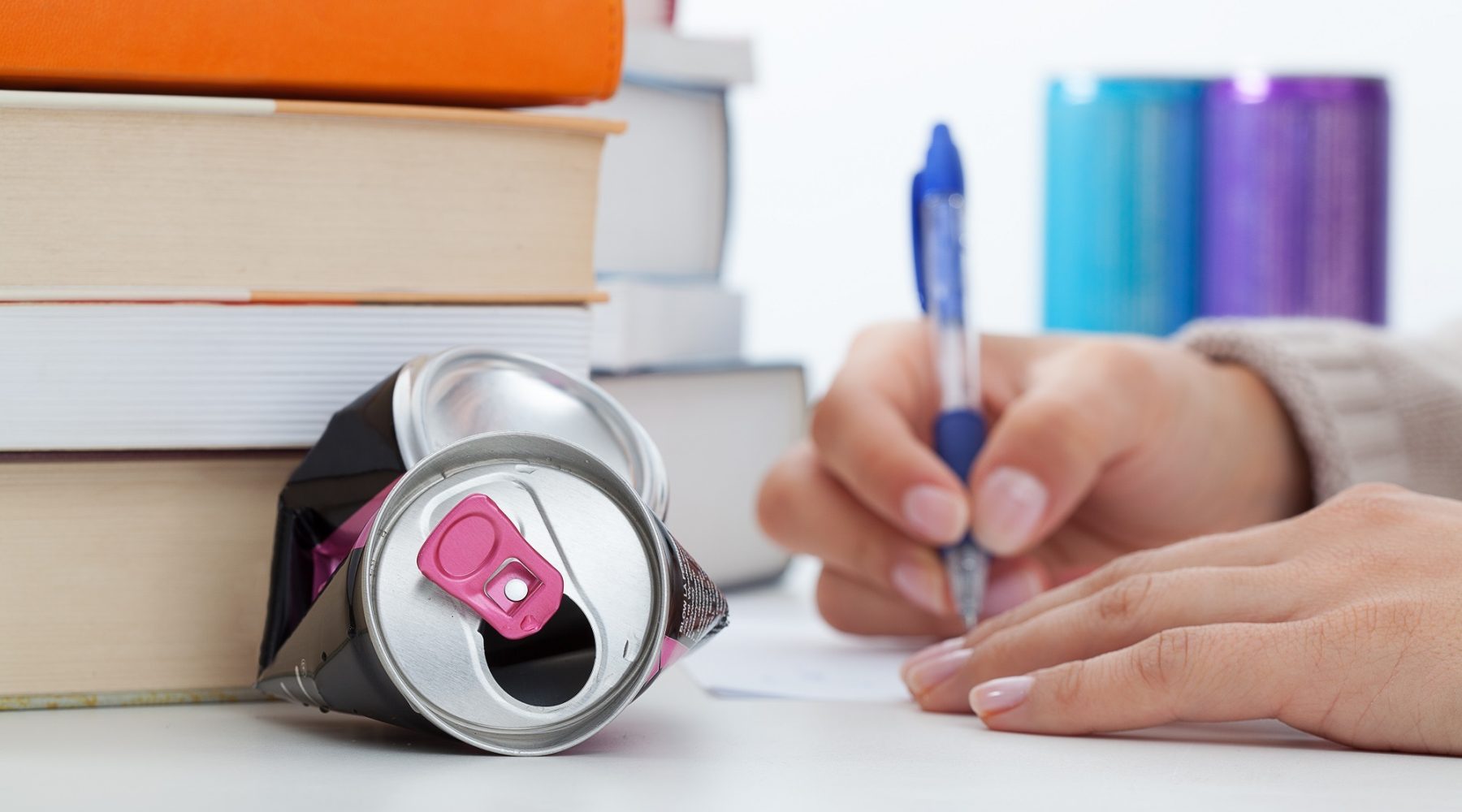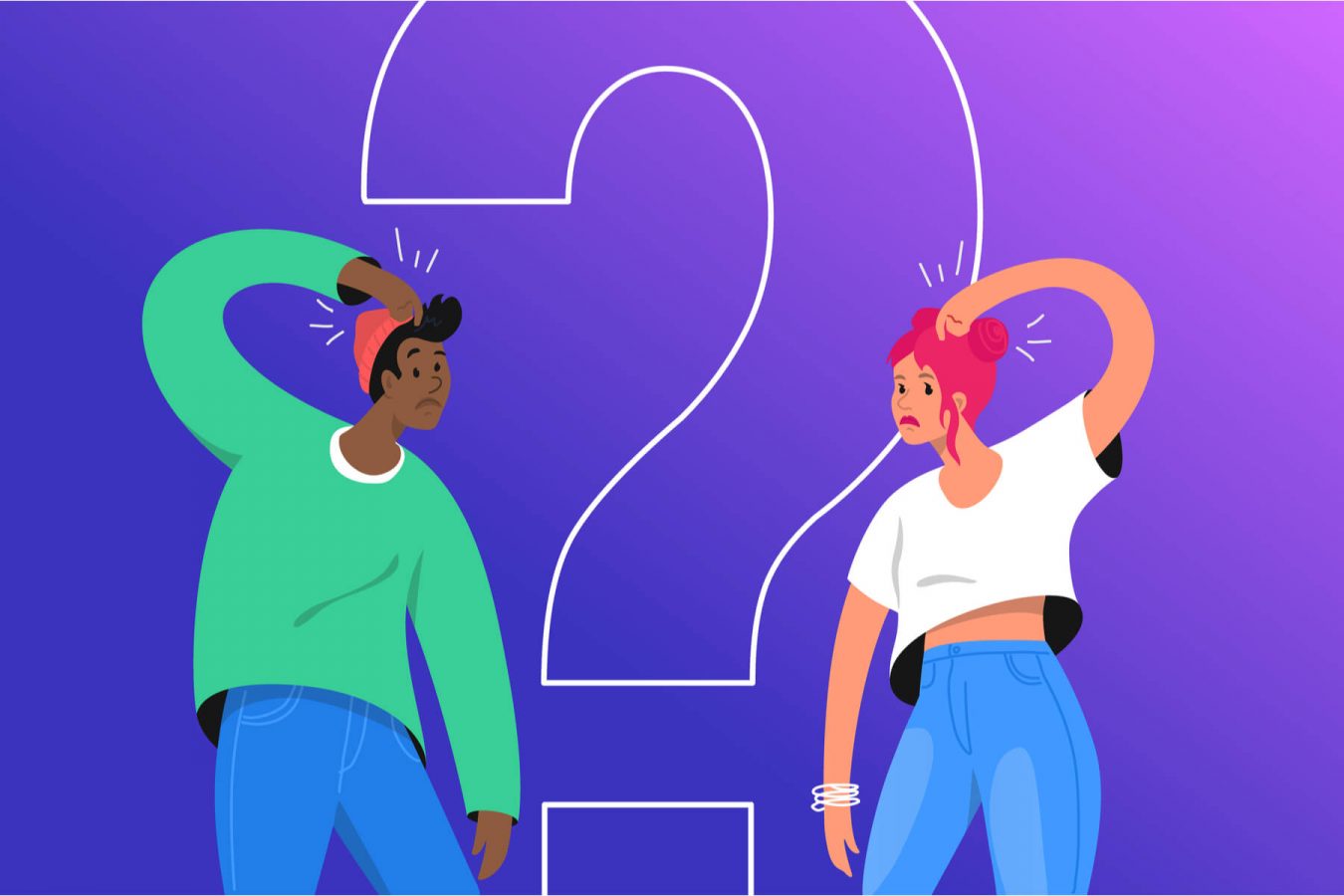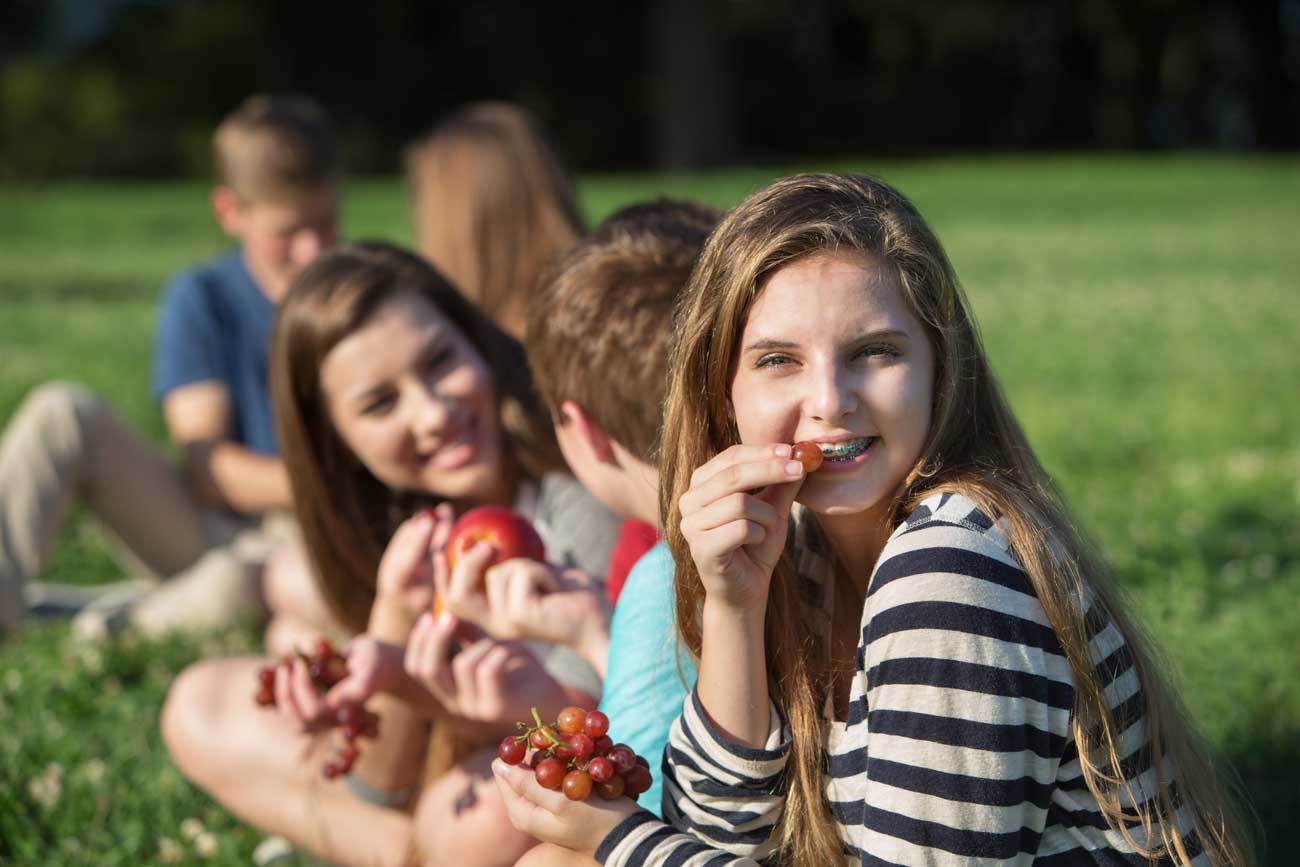
The radical action by a WA town worried about kids and energy drinks, ways we can nurture the teenage brain, and a new program to teach kids to save lives.
Our selection of thought-provoking and useful resources from around the web on educating and raising children, and supporting families.
WA town bans sale of energy drinks to under 18s to combat declining mental health
(Jacqueline Lynch and Ellie Honeybone, ABC News)
There’s been growing concern about the effects of energy drinks on young people. Bridgetown, a small community in Western Australia, has taken that concern to the next level, banning the sale of the drinks to under 18s as part of a four month research trial.
As this report notes, doctors in the town are hoping the ban will reduce anti-social behaviour and improve mental health.
Local GP Sarah Youngson says among her young patients, she’d noticed an increase in insomnia and anxiety that was connected with energy drink use.
Young people are more susceptible to the effects of caffeine, she explains, and their development stage means they don’t necessarily have the capacity to make rational decisions around the use of energy drinks.
‘Some of my young patients come in drinking an energy drink and say to me, “I can’t get to sleep till three in the morning”, and then they are unable to get out of bed to go to school in the morning.’
Read the full article‘Don’t blame the young for being moody’ - and seven other ways to nurture healthy teenage minds
(As told to Emine Saner, The Guardian)
If you have a teenager in the family, this is a must-read article that explores the adolescent brain and suggests ways we can nurture young minds.
As psychologist and author Sarah-Jayne Blackmore explains, only 30 years ago common wisdom said that the human brain stopped developing in childhood. Now, we know that the brain continues to develop through adolescence and into adulthood.
With this knowledge, we can both understand and support our young people as they navigate these years.
The article looks at the importance of sleep, dissects the impact of social media, and details why we need to be alert to signs of mental health problems.
And then there’s empathy. By understanding the teenage brain, ‘It might mean we don’t immediately blame young people for being moody, selfish or making “bad” decisions.’
Read the full articleAnyone can save a life, including kids. Here's why they should learn CPR and basic life support
(Janet Bray and Kathryn Eastwood, The Conversation)
Each year in Australia, there are more than 26,000 cardiac arrests. As we know, it is often the interventions of people performing CPR and using a portable defibrillator that saves lives.
The authors write that it isn’t just adults who can assist, and explain how some of our youngest Australians are learning how to assist.
‘But why kids? It’s simple. Anyone can learn to save a life,’ they write.
They explain the Aussie Kids Save Lives program, which aims to provide teachers with the resources to be able to teach high school students.
The students are instructed in how to call for help, perform push (compressions) and deliver lifesaving shocks with a defibrillator.
A pilot study in Victoria has so far taught 550 years 7 and 8 students, and more than 3000 are expected to be taught in 2023.
Like this post? Please share using the buttons on this page.
Read the full articleStay up to date with our newsletter here


